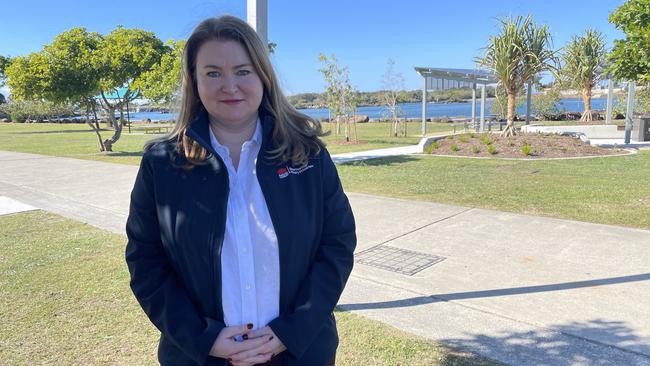NSW contributes $100m to get sustainable aviation fuel industry off the ground here
The NSW government will contribute $100m in order to get a sustainable aviation fuel industry worth billions to the economy, off the ground in Australia.
Business
Don't miss out on the headlines from Business. Followed categories will be added to My News.
New South Wales will contribute up $100m to start local production of “sustainable” aviation fuel (SAF), considered the only realistic option for decarbonising air travel.
An alternative to conventional fossil-based aviation fuel, SAF can be made from renewable and sustainable feedstocks such as plant-based oils, agricultural residues, algae or organic waste materials.
To date, there is no SAF production in Australia although there are plans for a refinery in Townsville, and BP hopes to be producing biofuels at Kwinana, south of Perth, by 2026.
Worldwide, SAF production accounts for less than half a per cent of the fuel used by airlines with a mere 600 million litres made in 2023.
It’s estimated at least 17.5 billion litres will be needed by 2030 for airlines to reduce carbon intensity by 5 per cent.
With airlines desperate to source SAF, it’s been estimated that local production could generate billions of dollars in economic benefits for Australia and provide fuel security.
In an effort to get the ball rolling, the NSW government has released a Sustainable Aviation Fuel Investment Prospectus outlining the state’s potential to drive the industry in Australia.
Modelling by the Office of Regional Economic Development revealed SAF could account for more than half of all aviation fuel in Australia by 2050, with a value of $11.9bn nationwide, and $4.8bn in NSW.

As of now, $100m from the low carbon product manufacturing stream is on the table for projects that could progress the production of SAF.
“The development of this new sustainable aviation fuel industry has the potential to generate a huge economic boost for some of the state’s major regions including the Riverina-Murray, New England-North West and the Central West where there are large volumes of feedstock available,” said the Minister for Regional NSW Tara Moriarty.
“SAF can be an aviation and environmental game changer that will create high-value jobs, boost regional economic development and go a long way to decarbonising the aviation sector in Australia.”
The step came after the release of a report by Boeing and the CSIRO showing Australia had enough agricultural waste to meet 60 per cent of the country’s jet fuel needs by 2025. Much of that was currently going overseas to the US, Singapore and Japan for SAF production, raising concerns that Australia would be left with no choice but to import SAF at a premium. In the event that occurred, airlines would be forced to increase fares to cover the extra cost.
The issue was expected to be among those tackled by the federal government’s aviation white paper, due for release mid-year.
Other than SAF, the aviation industry was focusing on more fuel efficient aircraft to slash emissions, and in the longer term green hydrogen and electric powered aircraft.





